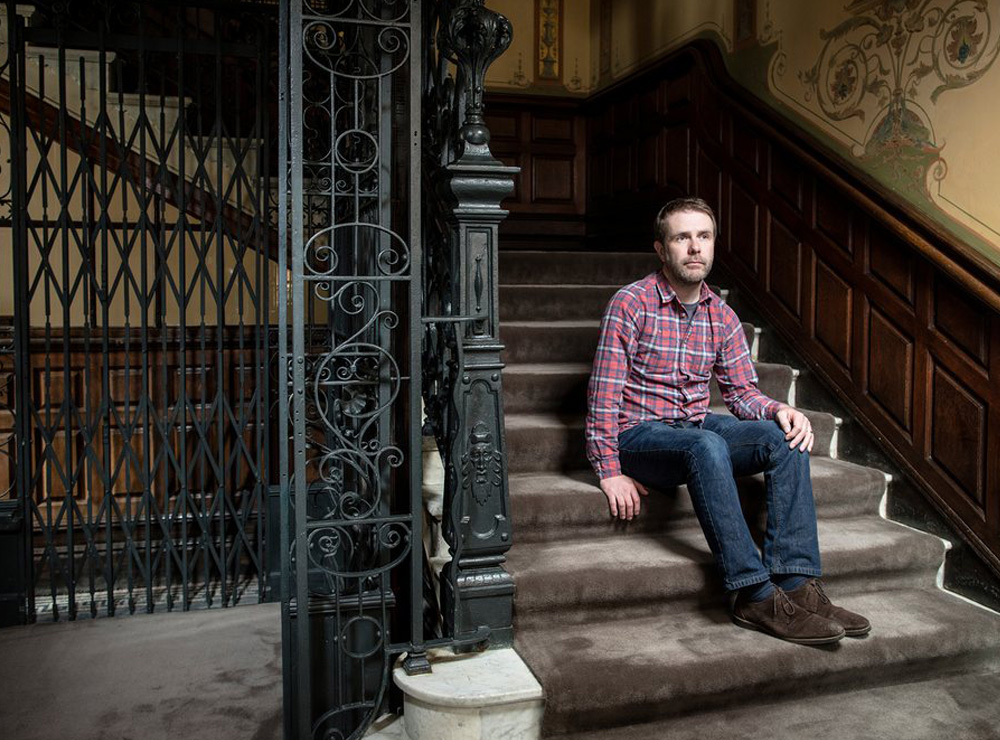Related Writers
Literature organisations
Discover more
Connections

News
Olivia Laing Twitter Q&A
Read the full transcript

News
Thomas Morris Twitter Q&A
Read the full transcript

Translation
Spotlight: Maaboret
The Short Story Project

Beyond the page
Spotlight On: Digital Writers' Festival
What are the opportunities and challenges of running an online festival


